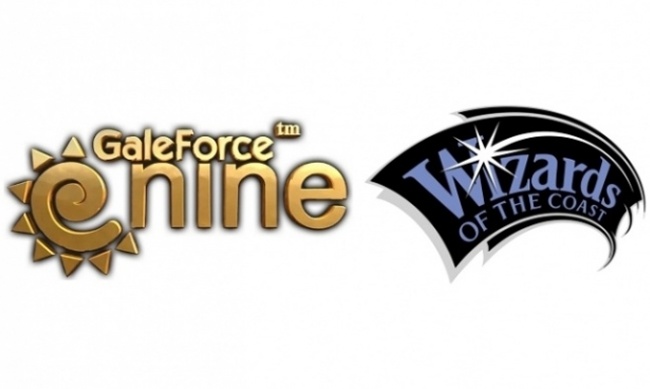Well, the release of Tasha’s Cauldron of Everything reinforced my long held belief that player accessories outsell DM accessories by a factor of about 10 to one or so. Case in point, we blew through our order of 25 copies of Tasha’s Cauldron in about two days and have yet to sell one of the Wilderness DM Screens. Wizards, please produce more player sourcebooks, and fewer $50 campaigns.
Speaking of WotC, the lawsuit filed by Gale Force 9 against WotC is the second high profile lawsuit filed against Wizards in the past few months (see "Gale Force Nine Sues Wizards of the Coast"). The first, a lawsuit by Margaret Weis and Tracy Hickman, was filed last October and alleges that, after entering into an agreement to publish a new series of Dragonlance novels with Weis and Hickman in 2017, WotC notified the authors that it would no longer approve any future drafts, effectively killing the project (see "Margaret Weis and Tracy Hickman Sue Wizards of the Coast Over Cancelled 'Dragonlance' Books").
Both lawsuits come on the heels of moves by Wizards to ban controversial Magic cards (see "Wizards of the Coast Removes Racist 'Magic: The Gathering' Cards "), and to eliminate the concept of inherently evil races as well as cultural stereotyping (see Vishanti for example) from Dungeons and Dragons materials. One could be excused for thinking that the decision not to publish the contracted Dragonlance novels could have something to do with Wizards desire to eliminate the concept of inherently evil races from its published materials. After all, the concepts of good, evil and neutrality are core concepts in the Dragonlance mythos and draconians have been presented in the series from the start as an inherently evil race, something that WotC is disavowing and actively working to distance itself from.
Speaking as a non-lawyer with no inside information about the situation, since the first novel was completed before Wizards’ change in view of evil races, it is reasonable to assume that the ethical views found throughout the previous Dragonlance novels would appear in the new ones. This leaves WotC with a few choices: kill the project completely, publish the first novel as presented under contract and risk backlash or go back to Weis and Hickman, or ask for a rewrite of the approved first novel to bring it into line with current D&D standards. None of these are particularly cost effective options. My bet is this drags out for a few years, like the long gestating D&D movie, and then the parties quietly settle (see "DnD Movie").
The Gale Force 9 situation has more direct impact on the games industry, especially retailers. While the Weiss/Hickman lawsuit deprives stores of an additional property to sell, the Gale Force 9 suit threatens to put an end to the sales of their more profitable ancillary product lines, the D&D 5E spell cards. These, and the D&D/Pathfinder miniatures from WizKids are our best-selling non-WotC D&D products. As noted above, I am not a lawyer but from my reading of the complaint, it appears that WotC has seized upon something that could easily be rectified by GF9, and is using it as a justification for getting out of the contract. Why? Maybe 6E on the horizon and WotC is cleaning up its licenses? Your thoughts on either lawsuit? Email castleperilousgames@gmail.com.
The opinions expressed in this column are solely those of the writer, and do not necessarily reflect the views of the editorial staff of ICv2.com.




